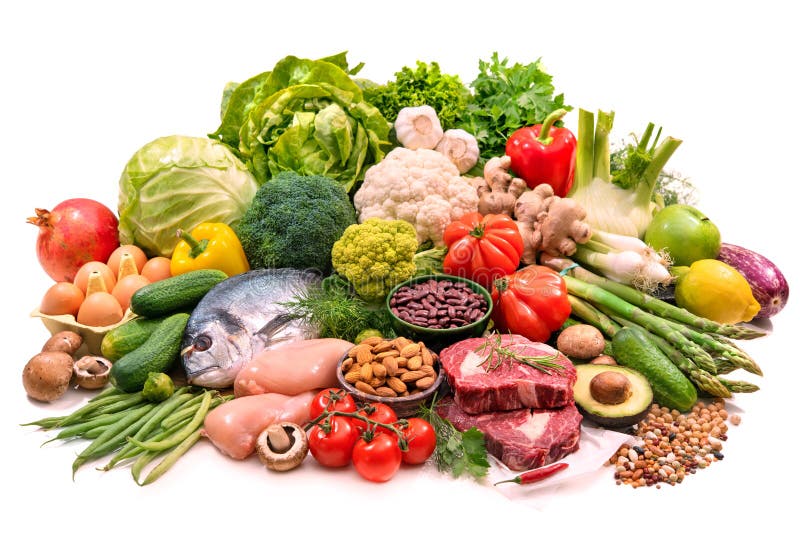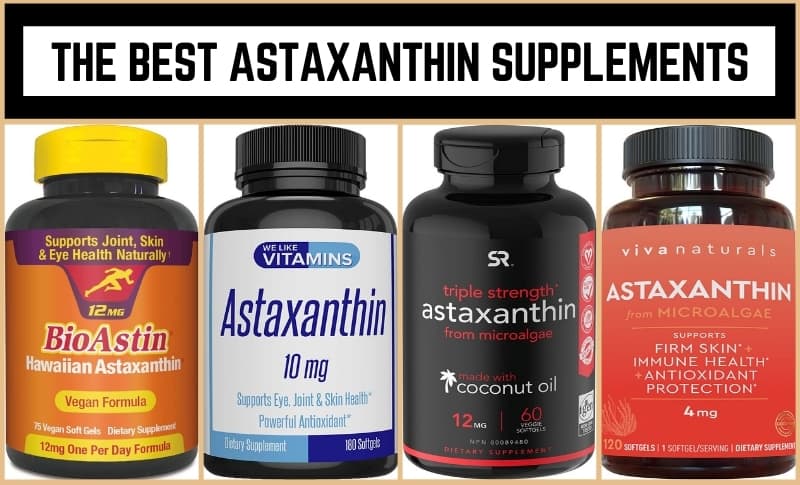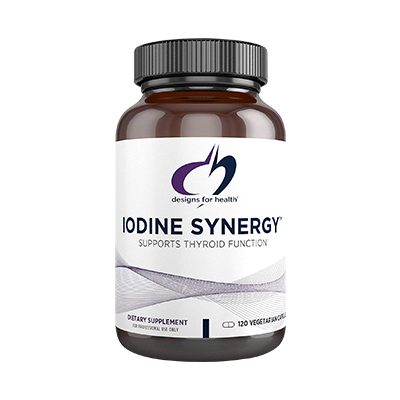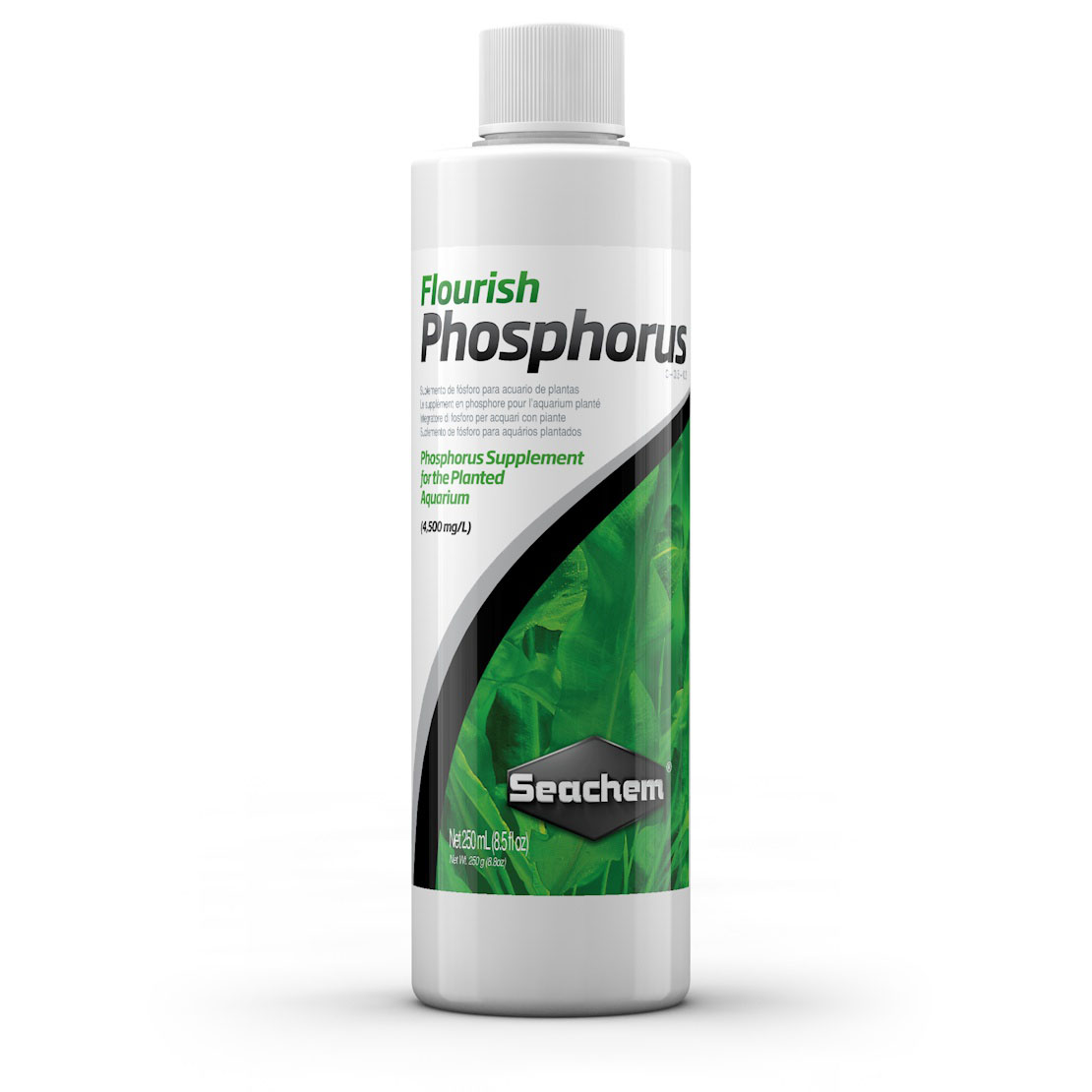25 Essential Nutrients to keep You Healthy
Introduction
In this article you will be able to know about some essential nutrients necessary to keep you healthy and active. The article lucidly discusses some important nutrients with their natural sources and the brands available as health supplements.
Nutrients
· Nutrients refer to chemical compounds found in food that are used by the body to function properly and maintain health.
· Nutrients include proteins, vitamins, fat, carbohydrates, and minerals.
Some essential nutrients to keep you healthy are:
Antioxidants astaxanthin (6, 11, 12, 13)
· Astaxanthin is an antioxidant.
· Astaxanthin protects cells from damage.
· Astaxanthin improves the immune system and athletic performance.
· Astaxanthin prevents Alzheimer disease, aging skin, and muscle soreness from exercise.
Natural sources of astaxanthinAlgae, yeast, salmon, trout, krill, shrimp and crayfish
Calcium
· Calcium is the most abundant mineral in the body.
· Calcium is a mineral necessary for healthy bones and teeth.
· Calcium prevents osteoporosis.
· Calcium plays an important role in blood clotting, helping muscles to contract, and regulating normal heart rhythms and nerve functions.
· Calcium gives structure and hardness to your body.
· Calcium is heart-healthy-in moderation and helps to keep you slim and trim.
Natural sources of Calcium
· Bread and fortified flour
· Soya drinks with added calcium
· Milk, cheese, and other dairy foods
· Green leafy vegetables (spinach and okra)
Choline
· Choline is an essential nutrient for humans and other animals.
· Choline is obtained from your diet as choline or as Choline phospholipids like phosphatidylcholine.
· Brain and nervous system of your body needs choline to regulate memory, mood, and muscle control.
· Choline is needed to form the membranes that surround your body’s cells.
Natural sources of Choline
· Egg, liver, fish, beef
· Broccoli, cauliflower
· Wheat gram, soyabean
Copper
· Copper is an essential nutrient for the body.
· Copper with iron enables the body to form red blood cells.
· Copper helps maintain healthy bones, blood vessels, nerves, and immune function and copper contribute to iron absorption.
· Copper helps prevent cardiovascular disease and osteoporosis.
Natural sources of copper
· Shellfish, oysters, organ meat (liver, kidneys)
· Wheat-bran cereals, whole grams, beans, black pepper
· Dark leafy greens
· Dried fruits such as prunes, cocoa, yeast
Folate
· Folate is also known as vitamin B9 and folacin.
· Folate is manufactured as folic acid, which is converted into folate by the body.
· Folate is important in red blood cell formation and for healthy cell growth and function.
· Folate is crucial during early pregnancy to reduce the risk of birth defects of the brain and spine.
Natural sources of Folate
· Beans, peanuts, sunflower seeds
· Dark green leafy vegetables (spinach, turnip greens, Brussels sprouts, broccoli)
· Fresh fruits and fruit juices
· Liver, seafood
Iodine
Iodine is necessary to make thyroid hormones. These hormones control the body’s metabolism.Natural sources of Iodine
· Seaweed ( nori, kelp, kombu, wakame)
· Fish, shellfish (cod, canned tuna, oysters, shrimp)
· Dairy (milk, cheese, yogurt)
· Iodized table salt
Iron
· Iron is a mineral that the body needs for growth and development.
· Iron is necessary to make hemoglobin, a protein in red cells that carries oxygen from the lungs to all parts of the body, and myoglobin, a protein that provides oxygen to muscles.
· Iron helps to preserve general energy and focus, gastrointestinal processes, the immune system, and the regulation of body temperature.
Natural sources of Iron
· Spinach, broccoli, tofu
· Lentils, legumes
· Shellfish, liver, red meats
Magnesium
· Magnesium helps in supporting muscle and nerve function and energy production.
· Magnesium reduces the risk of high blood pressure, type 2 diabetes, osteoporosis, and keeps the heart rhythm steady.
· Magnesium helps to reduce depression, and prevent migraine attacks.
Natural sources of Magnesium
· Spinach, pumpkin seed, brown rice
· Avocado, banana, cashews, broccoli, leafy greens
· Salmon, yogurt
Manganese
· Manganese helps the body form connective tissue, bones, blood clotting factors, and sex hormones.
· Manganese plays a vital role in fat and carbohydrate metabolism, calcium absorption, and blood sugar regulation.
· Manganese is necessary for normal brain and nerve function.
Natural sources of Manganese
· Whole grains, soybeans, legumes, rice
· Leafy vegetables, coffee, tea, black pepper
· Clams, oysters, mussels, and nuts
Niacin
· Niacin is also known as nicotinic acid.
· Niacin is an organic compound and a form of vitamin B3.
· Niacin is used by your body to turn food into energy.
· Niacin helps keep your nervous system, digestive system, and skin healthy.
Natural sources of Niacin
· Salmon, tuna, liver
· Avocado, bananas, asparagus
· Peanuts, green peas, brown rice
Omega-3 fatty acids
· Omega-3 fatty acids are a key family of polysaturated fats.
· Omega-3 fatty acids help prevent heart disease and stroke, and may help control lupus, eczema, and rheumatoid arthritis.
· The three main Omega-3 fatty acids are alpha-linolenic acid (ALA), eicosapentaenoic acid (EPA) and docosahexaenoic acid (DHA).
Natural sources of Omega-3 fatty acids
· Salmon, sardine, fish oil, krill oil
· Flax seed, chia seed, walnut, almonds, cashew, beans
· Avocado, Brussels sprouts
Pantothenic acid
· Pantothenic acid is also called vitamin B5.
· Pantothenic acid is a water soluble B vitamin.
· All animals need Pantothenic acid to synthesize coenzyme A-essential for fatty acid metabolism and to synthesize and metabolize proteins, carbohydrates, and fats.
· Pantothenic acid helps turn the food you eat into energy.
Natural sources of Pantothenic acid
· Beef, poultry, seafood, organ meats
· Eggs and milk
· Mushrooms, potatoes, broccoli, avocados
· Whole wheat, brown rice, and oats
· Peanuts, sunflower seeds, and chickpeas
Phosphorus
· Phosphorus helps in the formation of bones and teeth.
· Phosphorus helps to make protein for the growth, maintenance, and repair of cells and tissues.
Natural sources of Phosphorus
· Beef, chicken, fish and organ meat, egg, salmon, poultry
· Milk, cottage cheese, and ice cream
· Bran, wheat germ, sunflower seeds
· Almonds, cashews, peanut, and butter
Potassium
· Potassium is an important mineral in the body.
· Potassium helps regulate fluid balance, muscle contractions and nerve signals.
· Potassium helps reduce blood pressure and water retention, protect against stroke and prevent osteoporosis and kidney stones.
Natural sources of Potassium
· Beans or legumes (lima beans, pinto beans, kidney beans, and soybeans)
· Bananas, oranges, apricot
· Cooked spinach, cooked broccoli
Protein
· Proteins refer to large biomolecules and macromolecules that comprise one or more long chains of amino acid residues.
· Proteins are the building blocks of life.
· Proteins are important to structure, function, and regulation of the body.
· Protein helps in building and maintaining muscle.
· Protein is important for maintaining bone health, helping the body heal and repair cells and make new ones.
· Protein helps make antibodies that fight off infections and illness and keep cells healthy.
Natural sources of Protein
· Meat and fish
· Eggs
· Dairy products
· Seeds and nuts
· Legumes like beans and lentils
Selenium
· Selenium is a trace mineral (required in small amount).
· Selenium has antioxidant properties and may help protect cells from oxidative damage and infection.
· Selenium helps in maintaining thyroid hormone metabolism and DNA synthesis.
· Selenium plays an important role in the health of your immune system, cognition, and fertility.
Natural sources of Selenium
· Chicken, beef, tuna, egg, sardine, oysters, shrimp, liver
· Sunflower seed, brown rice
· Whole wheat bread, lentils
· Spinach, oatmeal
Vitamin A
· Vitamin A is a fat-soluble vitamin.
· Vitamin A is important for normal vision, the immune system, and reproduction.
· Vitamin A helps the heart, lungs, and kidneys work properly.
Natural sources of Vitamin A
· Fish, salmon, egg yolks, cod liver oil
· Carrots, spinach, broccoli, tomatoes
· Papaya, mango, apricots
Vitamin B2 (Riboflavin)
· Vitamin B2 is also known as riboflavin.
· Vitamin B2 is essential to the formation of two major coenzymes, flavin mononucleotide and flavin adenine dinucleotide.
· Vitamin B2 is important for the growth, development, and function of the cells in your body.
· Vitamin B2 helps turn the food you eat into the energy you need.
Natural sources of Vitamin B2
· Fish, salmon
· Lean beef, pork, organ meats (beef liver), chicken breast
· Dairy milk, cheese, eggs, yogurt
Vitamin B12
· Vitamin B12 is also known as Cobalamin.
· Vitamin B12 is a water-soluble vitamin involved in both fatty acid and amino acid metabolism.
· Vitamin B12 helps keep your body’s blood and nerve cells healthy.
· Vitamin B12 helps prevent megaloblastic anemia, a blood condition that makes people tired and weak.
Natural sources of Vitamin B12
· Beef, liver, eggs, and chicken
· Fish and shellfish (trout, salmon, tuna fish and clams)
· Fortified breakfast cereals
Vitamin B6 (Pyridoxine)
· Vitamin B6 is a water-soluble vitamin found naturally in many foods.
· Vitamin B6 is needed for the proper functioning of sugars, fats, and proteins in the body.
· Vitamin B6 is necessary for the development of the brain, nerves, and skin.
Natural sources of Vitamin B6
· Cereals, legumes, potatoes, and starchy vegetables
· Fish, beef liver, and eggs
Vitamin C
· Vitamin C is also known as ascorbic acid.
· Vitamin C is a water soluble vitamin found in citrus and other fruits and vegetables.
· Vitamin C is necessary for the growth and development of body tissues.
· Vitamin C is an essential nutrient involved in the repair of tissues, the formation of collagen, and the enzymatic production of certain neurotransmitters.
· Vitamin C is involved in absorption of iron, the proper functioning of the immune system, wound healing, and the maintenance of cartilage, bones, and teeth.
· Vitamin C acts as an antioxidant, helping to protect cells from the damage caused by free radicals.
· Vitamin C is used to prevent and treat scurvy.
· Vitamin C is also sold as a dietary supplement.
Natural sources of Vitamin C
· Citrus fruits, Brussels
· Peppers
· Seafood
· Strawberries
· Black currants
· Broccoli, Sprouts, Potatoes
Vitamin D
· Vitamin D is a group of fat soluble secosteroids responsible for increasing intestinal absorption of calcium, magnesium, and phosphate, and many other biological effects.
· Vitamin D is necessary for building and maintaining healthy bones.
· Vitamin D regulates many cellular functions in your body.
· Human body needs Vitamin D2 and Vitamin D3.
Natural sources of Vitamin D, D2, and D3
· Flesh of fatty fish and fish liver oil
· Egg yolks, beef liver, and cheese
· Certain mushrooms
Vitamin E
· Vitamin E refers to a group of eight fat soluble compounds that include four tocopherols and four tocotrienols.
· Vitamin E is important for vision reproduction, and the health of your blood, brain, and skin.
Natural Sources of Vitamin E
· Wheat germ oil
· Sunflower, Soybean oil
· Almonds, peanuts, peanut butter
· Spinach, collard greens
· Avocado fruits
Zinc
· Zinc is a trace mineral (the body needs zinc in small amounts).
· Zinc is necessary for almost 100 enzymes to carry out vital chemical reactions.
· Zinc plays a vital role in the creation of DNA, growth of cells, building proteins, healing damaged tissue, and supporting a healthy immune system.
· Zinc helps in wound healing and your sense of taste and smell.
· Zinc can be used for zinc deficiency, diarrhea, and Wilson disease.
· Zinc is also used to reduce acne, diabetes, anorexia and burns.
Natural Sources of Zinc
· Chicken, red meat, oysters, crab and lobster, and poultry
· Cashews, legumes, and fortified breakfast cereals




/bf49074d-d804-4887-8975-dae029efbd5b.01dae04308ec4a8a0821ad50369c410b-79f77f0f9c21496083b080a0fb5fea20.jpg)

























No comments:
Post a Comment